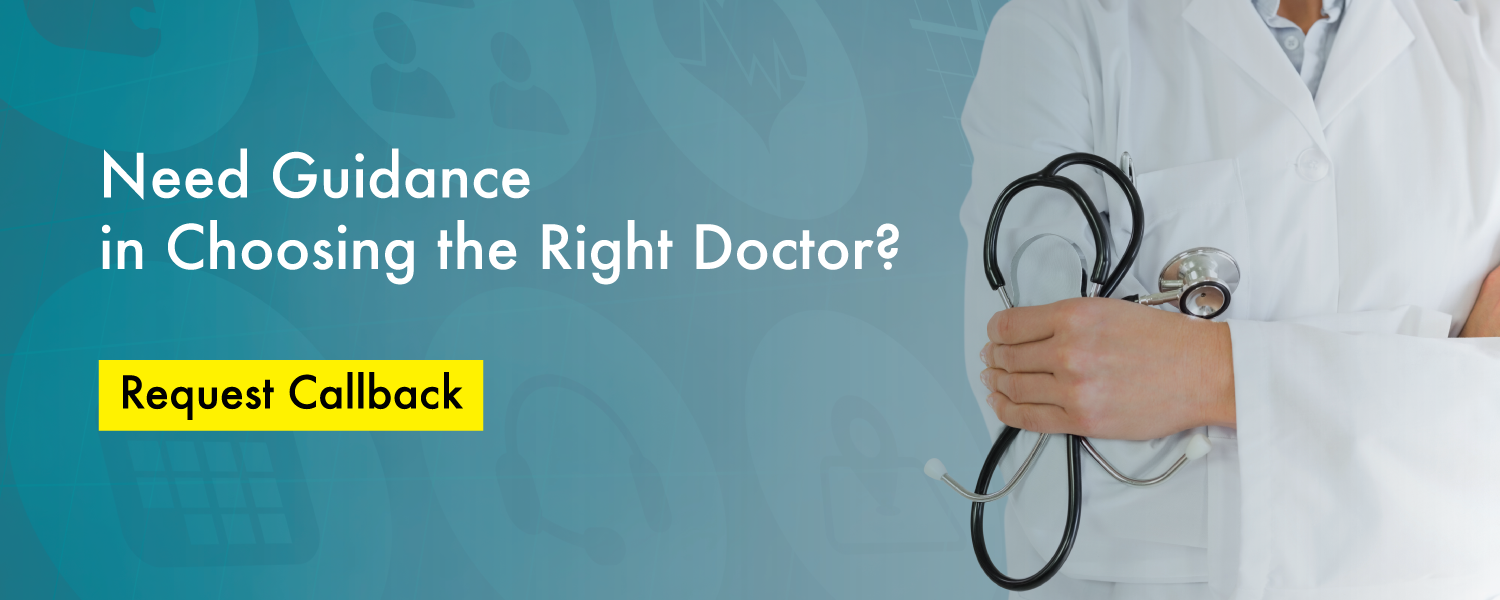Anyone with a uterus knows that periods can often be inconvenient, exhausting, and painful. While discomfort and aches might be common, they can also be debilitating. Medically known as dysmenorrhea, painful periods can cause a range of physical and emotional distress. This widespread condition doesn’t discriminate and affects individuals of various ages and backgrounds.
Symptoms might even interfere with your quality of life, making it harder to complete everyday tasks as you feel consumed by menstruation misery. Fortunately, there are a number of tried-and-true treatments for battling the suffering that comes packing with Aunt Flo every month. Here are four tips for managing your painful periods.
1. Hormonal Birth Control
Hormonal birth control is a common treatment for regulating heavy, painful periods. That’s because the synthetic hormones in the pill lighten menstrual bleeding and lessen uncomfortable cramping. The pill also prevents ovulation, which relieves burdensome period symptoms as well. Most birth control pills contain hormones like estrogen, progestin, or a combination of the two. Brands like junel fe birth control also treat hormonal acne, often appearing as painful cystic pimples that worsen during that time of the month.
In addition to pregnancy prevention and pain relief, the pill can allow you to skip your period. This agency is great if you have a special occasion on the calendar or just prefer to avoid Aunt Flo’s monthly visit. Experiencing lighter periods or missing one altogether can be especially beneficial for individuals with iron deficiency anemia. Those struggling with PMS (premenstrual syndrome) or PMDD (premenstrual dysphoric disorder) might also find some welcomed relief from hormonal birth control.
2. Over-the-Counter Pain Relievers
For most people, over-the-counter medications can knock out the pain caused by pesky periods. You probably already have some of these go-to options in your medicine cabinet. Ibuprofen, like Advil and Motrin, reduces the body’s natural pain triggers, while acetaminophen, or Tylenol, affects the brain's perception of pain, stopping menstrual discomfort. Make sure to read dosage instructions and information on possible side effects before taking any medications.
In addition to cramping, some OTC medicines can help alleviate other period symptoms like headaches, fatigue, and bloating. Midol, for example, is marketed as one of the go-to period medications and is usually conveniently located next to tampons and pads at the store. Pamprin is another multi-symptom treatment geared toward treating all of your menstrual woes. If over-the-counter medicines aren’t cutting it, you may need to get prescription medication from your healthcare provider.
3. Surgery
Painful periods could indicate a more significant medical issue, like fibroids or endometriosis. Surgical interventions might be necessary depending on the severity of these conditions. In the case of endometriosis, tissues similar to the uterine lining grow outside of the uterus. This condition is especially excruciating during your period, as the tissue thickens and bleeds out during your time of the month. Surgery to remove endometriosis can lessen the severity of pain and make periods more bearable.
Uterine fibroids are noncancerous growths that many women develop during their childbearing years. These growths can cause heavy bleeding, pelvic pain, and prolonged periods. While not typically considered dangerous, fibroids can be uncomfortable and cause significant blood loss and fatigue. The surgical options for fibroids include a myomectomy, which takes the fibroids out of the uterus, or a hysterectomy, which removes the uterus. In addition to pain, fibroids and endometriosis can cause fertility issues, which may be another reason to consider surgery.
4. At-Home Self Care
Simple at-home activities and remedies could significantly help alleviate the suffering caused by your period. For example, a heating pad or hot water bottle can be your BFF whenever you’re cramping, as the heat helps the uterus relax. Meals full of iron and magnesium can also lessen symptoms, so enjoy some leafy greens, lean meats, and even tasty dark chocolate.
While movement might feel like the last thing you want to do during your period, exercise could be just what your body needs. For example, an at-home yoga session can be a saving grace for uncomfortable cramping. Poses that move your pelvic area are particularly helpful, like knees-to-chest pose, spinal twists, child’s pose, and goddess pose. Exercise is also a fantastic endorphin boost, making it great for your mood and getting your body moving.
In addition to being physically painful, periods can cause uncomfortable and unpredictable mood changes. Ensuring you get enough sleep, practicing relaxation techniques like meditation, and mindful activities like journaling could help bring you peace. Periods are tough physically, mentally, and emotionally, so be extra gentle with yourself during this time of the month.
Putting Painful Periods in the Past
Dealing with menstrual pain is crucial to caring for your overall well-being and living your best life. Neglecting proper treatments could worsen symptoms over time and cause more unnecessary pain and discomfort. Remember that you deserve to move through the world without suffering each and every month.
Treatments will vary based on the severity of your pain and if an underlying condition causes it. Each person’s body is unique, so discovering the best way to deal with your menstrual pains may take time and patience. While often unpleasant, periods are a natural part of being human for roughly half of the population. Instead of seeing this process as a monthly curse, listen to your body’s cues and discover the best ways to care for yourself.
Disclaimer: The statements, opinions, and data contained in these publications are solely those of the individual authors and contributors and not of Credihealth and the editor(s).
Call +91 8010-994-994 and talk to Credihealth Medical Experts for FREE. Get assistance in choosing the right specialist doctor and clinic, compare treatment costs from various centers, and timely medical updates

Reviewed by




